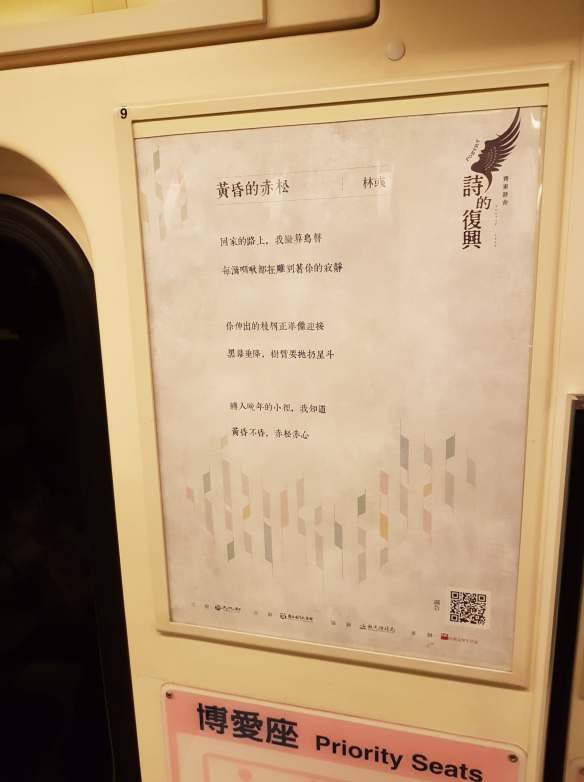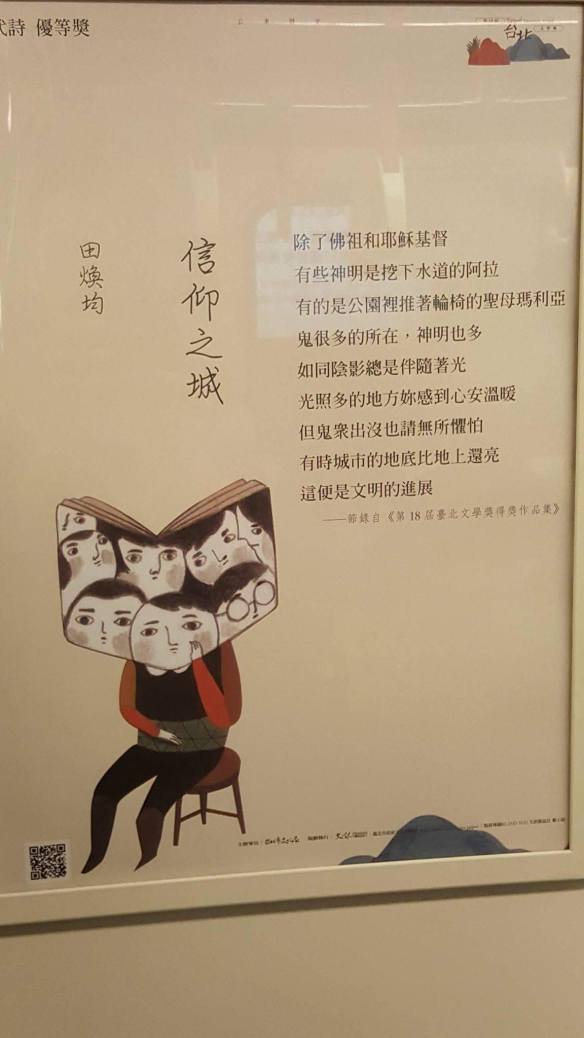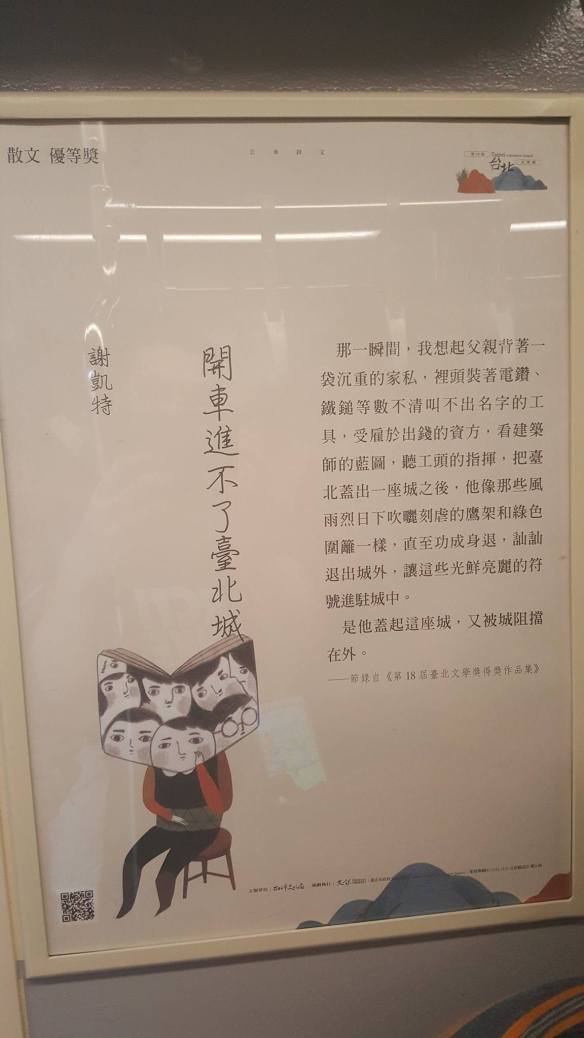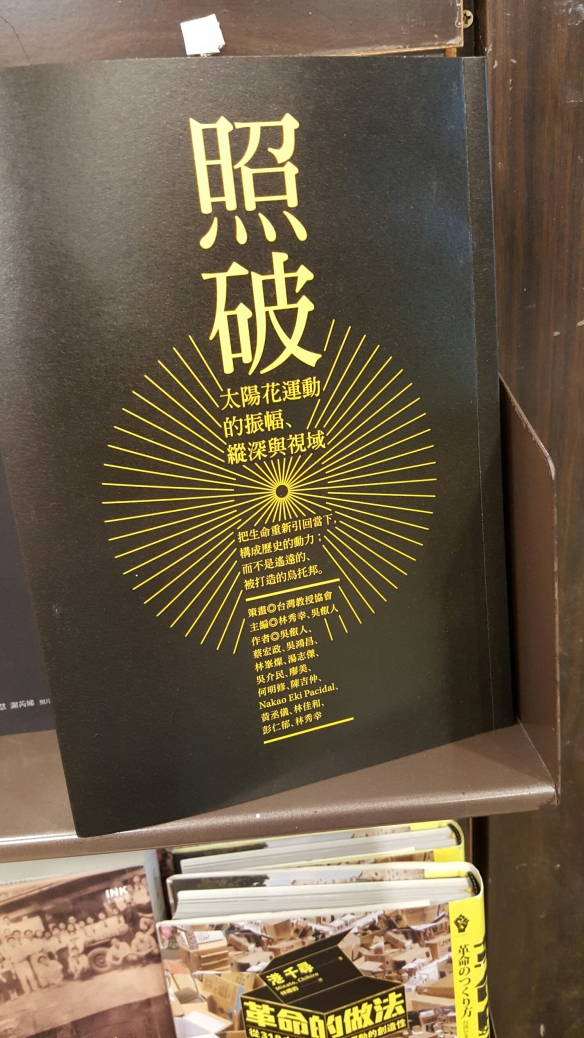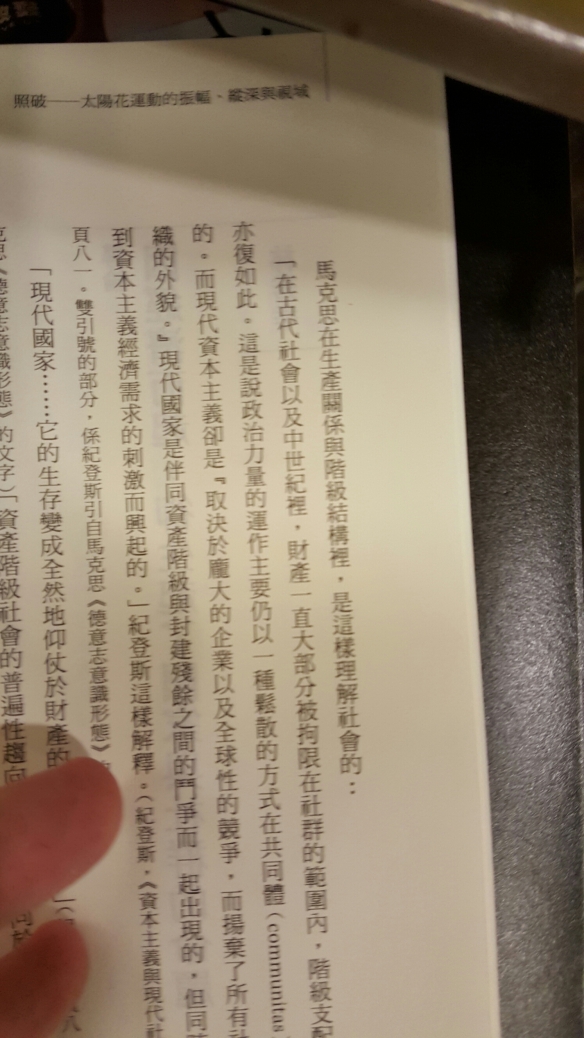
This is an interesting book, more akin to a collection of essays. The main thrust of the book is exploring philosophy and observing the world through the medium of flowers, with plenty of references to classical literature (both Eastern and Western canon) along the way. The extract below gives a flavor of the kind of reflections the book contains:
這是無需考證的「現實」,誰也無法倖免的長期痼疾。我們行走世間,真像偷竊生命之果,盜汲智慧之泉的人,無時不刻,要受到現實的緝捕、拷問; 那果實、那泉液,我們妥貼地置於內心的理想之盤上,雙手雙足穩穩地護持著。而現實,這捕快,一眼看出你的破綻,急箭追查。你於潛逃之時,不得不將一盤理想暫託於草叢之中、泥沼之下,待來的歷劫之後,再來取回這稀世之寶。於是,在現實之前,你大膽地坦認:「我毫無理想,不信,你搜!」,這般搜查、尋訪、驗證之後,你的確不是盜者,便判你發還本鄕,侍你起程之日,你不得不驚顫,死神也等你很久了。就算,你尚存餘息,回到埋寶之處,你亦將發現,那泉水已濁、那果實已腐,那托盤已朽,而你鬢已蒼蒼……!你仰天一哭,生命是一場冤枉。
So this is the incontestable “reality,” the chronic disease from which no-one is safe. We walk this world like we’ve stolen the fruit of life and drawn water from the spring of wisdom on the sly and could be seized and interrogated by reality at any time; That fruit and that spring water, we place with care on our inner platter of ideals, dutifully protecting it with all our might. But the bounty hunter that is reality sees your weakness at a glance and shoots an arrow in your wake. As you flee, you have to stow your platter of ideals in some bushes amid swamp waters, until the troubles that lie ahead are behind you and you can return to retrieve these precious treasures. And so, you boldly face down reality, saying, “I have no ideals. If you don’t believe me, search me!” After the searching, probing and questioning, you’re found innocent of the theft and granted leave to return home. As you set off on your journey, you shudder with the realization that death has long awaited you. Although there is still breath in your lungs, as you return to where you buried your treasures, you discover that the spring water has been tainted, the fruit spoiled and the platter rotten, and you yourself are old and gray…! You turn your face to the heavens and cry at the injustice of life.

